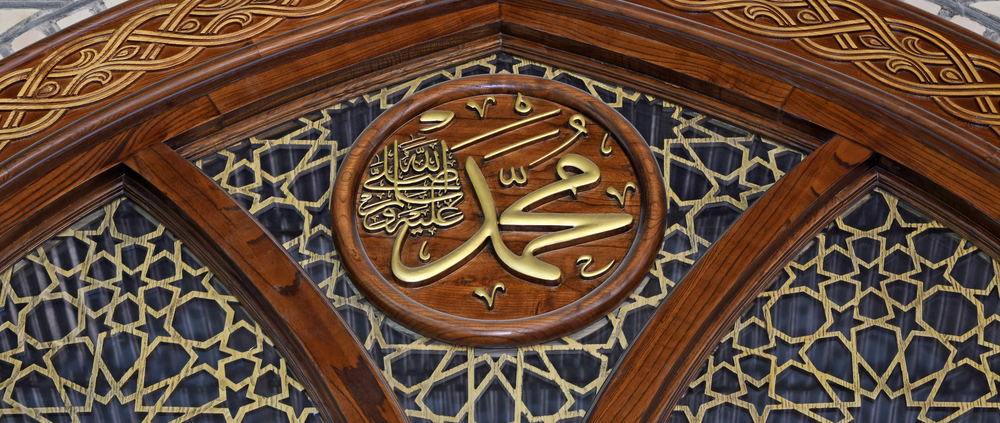What To Do If Present when People Speak Ill of the Prophet?
Answered by Shaykh Yusuf Weltch
Question
Am I accountable for the sin of speaking ill of the Prophet (may Allah bless him and give him peace), if I don’t speak against those who speak ill of him?
Answer
In the Name of Allah, the Most Merciful and Compassionate
As long as you dislike what people say when they speak ill of the Prophet (may Allah bless him and give him peace) you are absolved of any responsibility or sin.
If you can counter what they are saying and defend the Prophet (may Allah bless him and give him peace) this is good, if you see in it potential benefit. This can be seen in the following verse:
Allah Most High says, “Invite ˹all˺ to the Way of your Lord with wisdom and kind advice, and only debate with them in the best manner. Surely your Lord ˹alone˺ knows best who has strayed from His Way and who is ˹rightly˺ guided.” [Quran; 16:125]
If you are not able to counter them or you do not see potential benefit in doing so, then merely walk away. Sometimes this type of disassociation is more effective in righting wrongs.
Allah Most High says, “And when you come across those who ridicule Our revelations, do not sit with them unless they engage in a different topic. Should Satan make you forget, then once you remember, do not ˹continue to˺ sit with the wrongdoing people.” [Quran; 6:68]
The Greatest Defence of the Prophet (may Allah bless him and give him peace)
The best way to defend and propagate the beauty with which the Prophet (may Allah bless him and give him peace) was sent to convey is to embody his character in all dealings: with both friend and foe.
Hope this helps
Allah knows best
[Shaykh] Yusuf Weltch
Checked and Approved by Shaykh Faraz Rabbani
Shaykh Yusuf Weltch is a teacher of Arabic, Islamic law, and spirituality. After accepting Islam in 2008, he completed four years at the Darul Uloom seminary in New York, where he studied Arabic and the traditional sciences. He then traveled to Tarim, Yemen, where he stayed for three years studying in Dar Al-Mustafa under some of the greatest scholars of our time, including Habib Umar Bin Hafiz, Habib Kadhim al-Saqqaf, and Shaykh Umar al-Khatib. In Tarim, Shaykh Yusuf completed the memorization of the Qur’an and studied beliefs, legal methodology, hadith methodology, Qur’anic exegesis, Islamic history, and several texts on spirituality. He joined the SeekersGuidance faculty in the summer of 2019.
